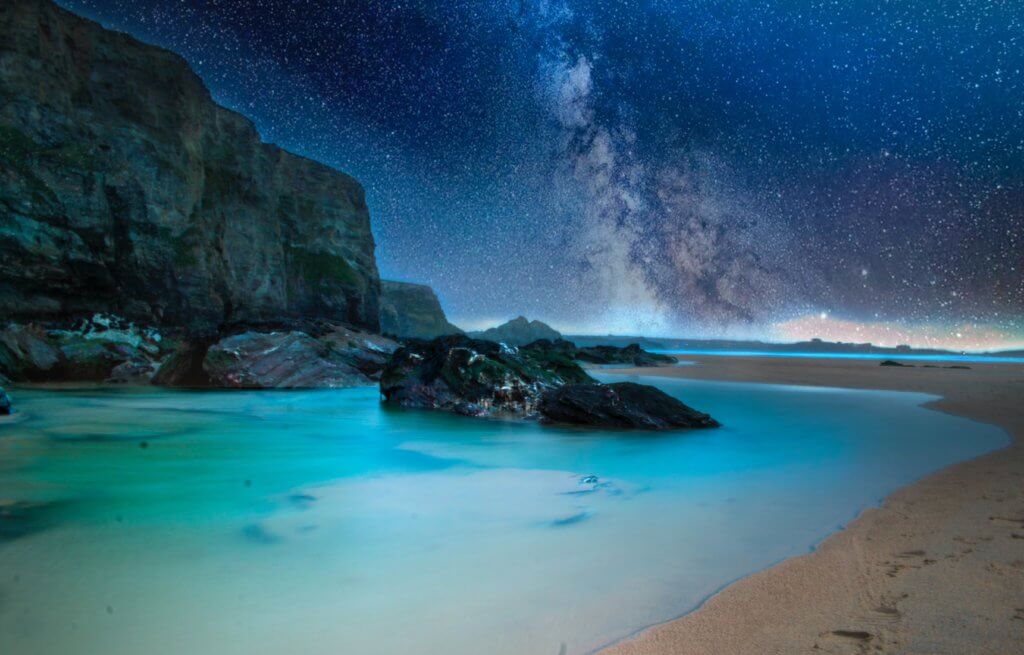God’s promise to Abraham of descendants as many as the sands of the seashore and stars in the heavens (Genesis 15:5; 22:17) isn’t unique to him but is repeated to Isaac and Jacob (Genesis 26:4; Exodus 32:13). This shows that God is willing to do for others as he does for Abraham—in effect, for all who “do the works of Abraham” (John 8:39). The question is, what are the “works” that qualify Abraham, Isaac, and Jacob to merit such exalted blessings? The answer lies in God’s unconditional or “everlasting” covenant that he makes with them (Genesis 17:7, 19). As they prove faithful to him and fulfill its conditions, so, likewise, may others of God’s children.
Because God is the same yesterday, today, and forever, and is no respecter of persons (2 Samuel 14:14; Hebrews 13:8), he treats all equally and does for one as does for another. The higher law of God’s covenant that Abraham keeps brings with it the corresponding privilege of seeing and conversing with Jehovah (Genesis 17:1; 18:1–2, 8, 22, 33). Abraham’s offering his only son Isaac by Sarah is but one requirement God makes of him that merits the blessing of a posterity as many as the sands of the sea and the stars in the heavens (Genesis 22:1–17). As such an innumerable posterity resembles God’s own, moreover, it constitutes a promise of godhood.












